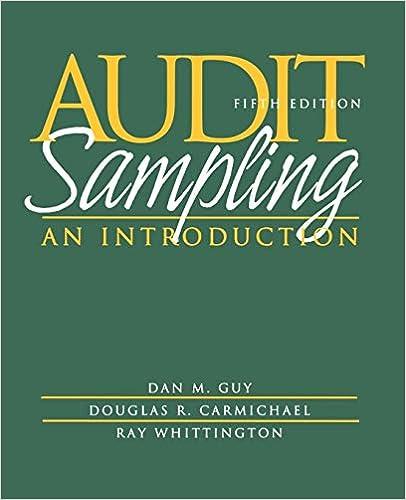Question
Personal Investment Analysis Find of the cost of a bachelor's degree at the university of your choice assume additional costs of $16,000 for an additional
Personal Investment Analysis Find of the cost of a bachelor's degree at the university of your choice assume additional costs of $16,000 for an additional fifth year of education to get Master's degree. Assume that all tuition is paid at the beginning of the year. A student considering this investment must evaluate the present value of cash flows from possessing a graduate degree versus holding only the undergraduate degree. Assume that the average student with an undergraduate degree is expected to earn an annual salary of $55,000 per year (assumed to be paid at the end of the year) for 10 years. Assume that the average student with a graduate Masters degree is expected to earn an annual salary of $76,000 per year (assumed to be paid at the end of the year) for nine years after graduation. Assume a minimum rate of return of 10%. Determine the net present value of cash flows from an undergraduate degree. Use the present value table provided in this chapter 26. Determine the net present value of cash flows from a Masters degree, assuming that no salary is earned during the graduate year of schooling. What is the net advantage or disadvantage of pursuing a graduate degree under these assumption? Bachelor's degree costing 43,000 Master's degree costing 59,000
Step by Step Solution
There are 3 Steps involved in it
Step: 1

Get Instant Access to Expert-Tailored Solutions
See step-by-step solutions with expert insights and AI powered tools for academic success
Step: 2

Step: 3

Ace Your Homework with AI
Get the answers you need in no time with our AI-driven, step-by-step assistance
Get Started


